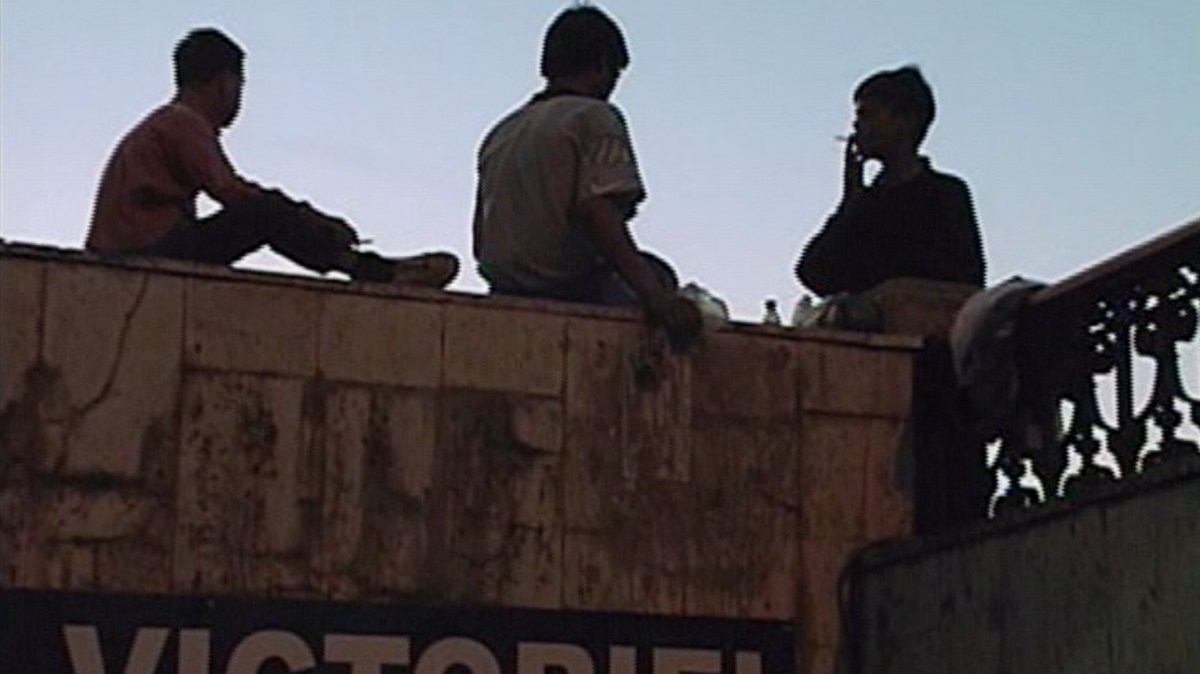Directed by Edet Belzerg
Often when friends come to me, bragging of their hard-heartedness, their super power of being able to withstand the saddest of sad movies, The Notebook‘s of the world, without shedding a single tear I often laugh in their face. I then proceed to attempt to steer them toward the documentary genre, for what can be as heartbreaking and heartwrenching as real life itself. The genre has the ability to show the highest of highs as well as the lowest of lows for the single reason that it is real. There are no actors, there is no script, what we get is raw, and often unbelievable. Certainly there are some documentary styles that toe the line between what is real and what is fake, but the story is often true enough. But none of that matters in films like Dear Zachary, which has been the film I show these hard hearts, and which turns them into rivers of sadness.
I hope this does not sound like boasting, Dear Zachary is nothing to boast about. I think I cried more the first time I saw it than I ever had in my life up to that point. Or at least it seemed that way. But the reaction and the emotional connection found in that film and other documentaries is truly special. There is one caveat that is always connected with the film, however, and that is that it is completely manipulative. This much is true, but that film is really for another discussion, because what I really want to do is highlight the story told in Children Underground, which rivals, and perhaps even surpasses, the harrowing tale of Zachary. The reason? The caveat need not apply for this film about the lives of children who live on the street of Bucharest, Romania. Under the rule of dictator Nicolae Ceauşescu, contraception was banned, and hundreds of children were abandoned by their parents, and some children ran away to live in the streets due to poverty. Edet Belzberg tells the story of just a handful of these children who live in the subway station at Piata Victorei.
The story by itself is sorrowful and difficult to realize, but Belzberg’s approach makes it even more so. The film begins in a very observational way, chronicling the interactions these children have with each other, and with the public around them. It is a sad state to see the conditions in which these children live. The focus soon falls on the lives of five of these children specifically, and each is given their time in the “spotlight”. Each one of these children’s lives is uniquely heartbreaking, and often we are given the mystery of learning just enough to maybe form an opinion, but never enough to be sure of how such evil befell them. Theirs is such a sad and pitiful situation that the only joy they can ever glean from a day on the streets often involves them huffing paint, which they bought with what little money they begged for instead of using it to buy food. They get high to escape their lives, which in some cases, were a means of escape in the first place. They have nowhere to go, and seem to come from nowhere. I am not sure what could be more troublesome and senseless than that.
The most remarkable part of the film for me was the way that Belzberg managed to capture these souls. However she managed to do it, but she gets to their souls, to their deepest and innermost struggles and sorrows through the eyes. I couldn’t take my eyes off of theirs, investigating their broken constitutions, trying to find a glimpse of inner beauty, or of some form of joy. And sometimes it did arise, but just as quickly it was taken away from these simple children of such a young age. It helps lend some perspective, for what a privileged life I lead. It makes me feel guilty for all that I have wasted, for all the luxuries I have taken for granted. I cannot promise to do away with these habits, but it does the soul good to look inward and examine the parts of excess that live within, as unsettling as the discoveries may become. I want nothing more than to know where these children are today, more than a decade after its filming. They are certainly all adults by now, but they were always forced to live lives well beyond their years. I fear some of them may not have made it to today, and yet my tears can bring them no solace.

